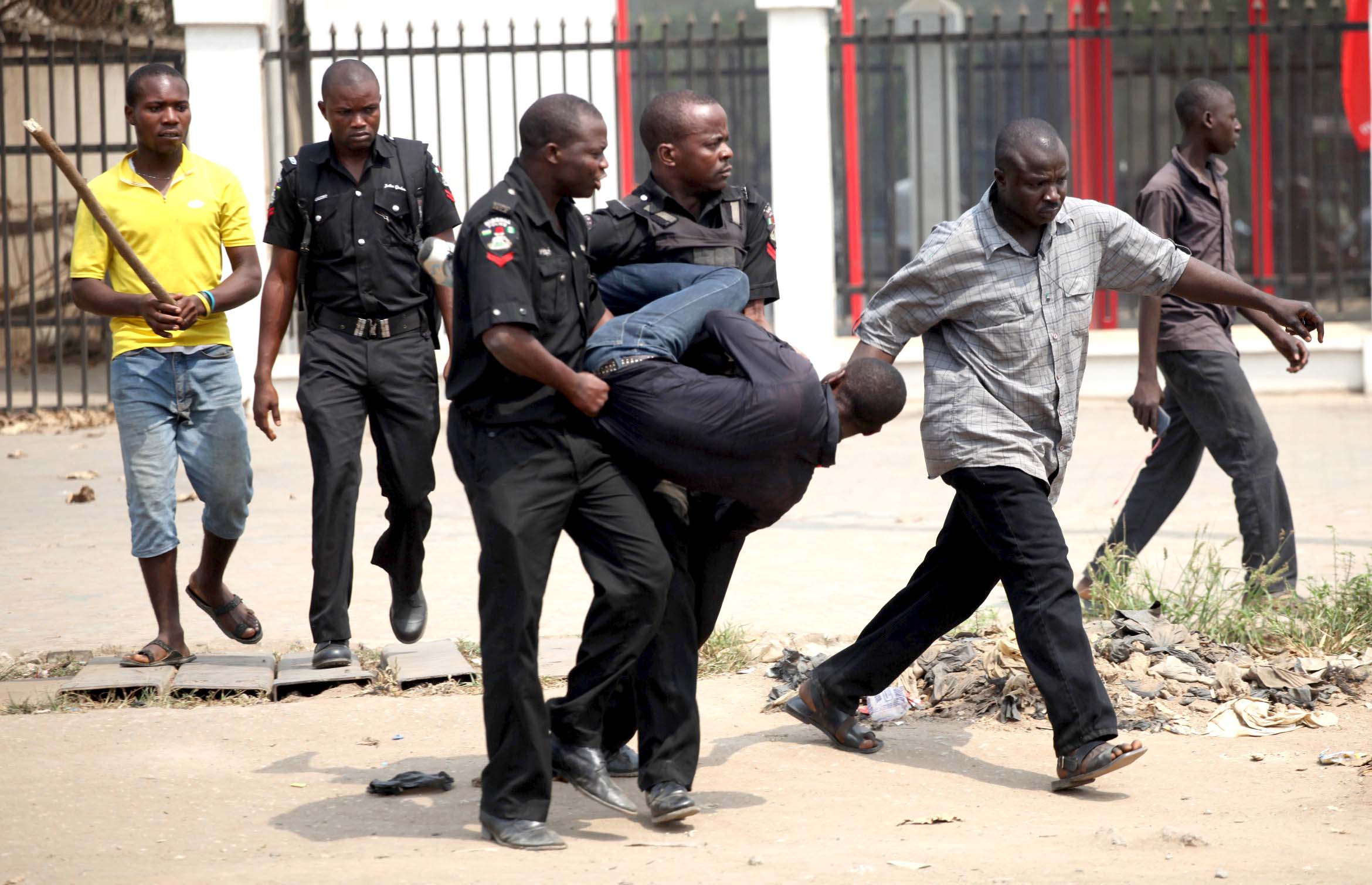Cleen Foundation, a Civil Society Organisation (CSO), on Tuesday decried non-compliance by security officials to the `EndSars’ Judicial Panel of Inquiries set up in various states across the country.
Mr Benson Olugbuo, Executive Director of the Foundation said this at an online stakeholder’s dialogue on “Cases of Missing Persons in Nigeria’’.
Olugbuo said that the Foundation had observed, monitored and documented findings of the judicial panels of inquiries in January through legal practitioners and state-based partners deployed in various states.
“The reports submitted were by an instrument developed to collect data on the total number of cases submitted, type of human rights violations, number of cases ongoing or concluded and other relevant information.
“It showed an observatory reported high rate of non-compliance to panel rulings and evasion of service process by security operatives across most states of the federation.
`For instance, in Lagos state, the military refused to enter appearance at the panel proceedings in spite of rulings to that effect.
“Similarly, in Akwa-Ibom, petitions before the panel suffers adjournment due to the manner in which police officers evade summons,’’ he said.
Olugbuo noted that the ceaseless adjournments had made the legal unit of Akwa-Ibom State Police Command to seek more time to enable it locate its accused officers, thereby, delaying petitions.
He alleged that in Bayelsa, police officers who had been petitioned by the public have either retired from the Nigeria Police Force or have been transferred to other state commands hence delaying the panel sittings.
The executive director also alleged that military personnel in the states petitioned to the panel were also refusing to appear and do not send legal representations.
He said that in Edo, it was the same scenario where the chairperson of the panel of inquiry complained of the unwillingness of both the police and the army to appear before it.
Olugbuo said that in Imo, the refusal of police officers to appear before the panel was gradually stalling proceedings.
However, Mr Emmanuel Ikule, the National Coordinator of the Network on Police Reform in Nigeria (NOPRIN), said it observed that complainants in some states had also refused to appear before the panel.
Ikule said that complainants were refusing to appear and pursue their cases to a logical conclusion even with legal representation.
According to him, in Benue, 50 per cent of complainants have failed to testify before the panel of inquiry and unfortunately, the complaints are not traceable either by address or their phone contacts.
“Similarly, in Oyo and Delta states, there is apathy by some complainants due to paucity of funds, lack of interest and possible threat from security agents,’’ he said.
Ikule claimed that about 82 cases were struck out in January by various panels of inquiry on issues bordering on lack of jurisdiction, abandonment and lack of diligent prosecution.
He appealed for an increased timeframe for the panels of inquiries, stating that the timeframe for most panels to conclude cases and proffer recommendations were too short due to the volume of cases so far received.
The national coordinator also urged the state government to ensure gender balance in the appointment of panel members across the states.
“This issue of underrepresentation of women in the panels should be revisited by the state governments to ensure fairness and equity in the appointment of panel members.
“Also, the high level of adjournment of cases by the panels should be halted to ensure that the interests of justice for the families of the victims and survivors of police brutality in Nigeria are not hampered,’’ he said.
The groups appealed to the Federal Government that security personnel with petitions leveled against them should be compelled to appear before the panel and adequately respond to issues as it relates to them.
They also appealed to the Nigerian Bar Association (NDA) to intensify efforts in sensitising the public to its ongoing free legal representations.
Both Cleen Foundation and NOPRIN urged the government to offer protection mechanisms to complainants and victims of police brutality.
They also urged state governments without constituted panels of judicial inquiries to constitute such in order to provide justice to victims and survivors of police brutality in the states.

 Latest4 days ago
Latest4 days ago
 Trends5 days ago
Trends5 days ago
 Business7 days ago
Business7 days ago
 Football7 days ago
Football7 days ago
 Health6 days ago
Health6 days ago
 Football6 days ago
Football6 days ago
 Featured1 week ago
Featured1 week ago
 Business7 days ago
Business7 days ago

